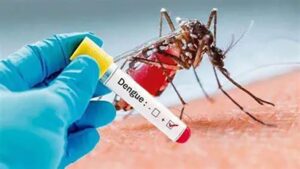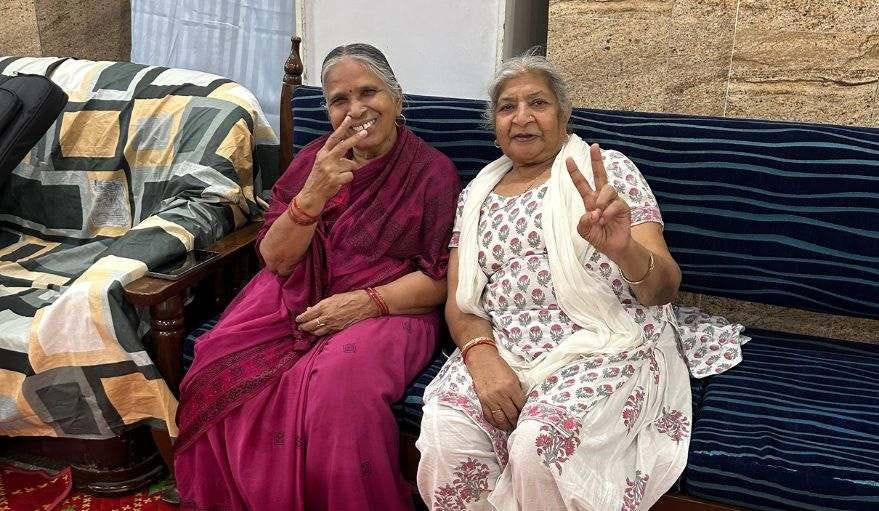Health authorities in Region 6 (East Berbice-Corentyne) are on high alert after a dengue fever outbreak claimed the lives of two children and left several others hospitalized. The Ministry of Health confirmed that a 8-year-old boy and a 12-year-old girl, both from villages in Lower Corentyne, died from severe dengue complications over the past week. These are the first reported pediatric deaths from dengue in Guyana this year, and they have raised concern about a wider uptick in mosquito-borne diseases amid the early rainy season.

According to Regional Health Officer Dr. Vishalya Sharma, the children presented with high fever, rashes, and vomiting – classic dengue symptoms – but deteriorated rapidly into dengue hemorrhagic fever, the severe form that can cause organ failure. Despite doctors’ efforts, both succumbed within days. At least five other cases of suspected dengue, including some adults, are being monitored in New Amsterdam Hospital, though their conditions are stable. The Ministry dispatched an emergency medical team to Berbice to support local doctors and ensure proper dengue treatment protocols (such as fluid replacement and monitoring of blood counts) are followed.

In response, intensive fogging and mosquito control measures have been launched in the affected communities. Vector control units are spraying insecticide in and around Rose Hall, Port Mourant and neighboring villages to kill adult Aedes aegypti mosquitoes that transmit dengue. Teams are also going house-to-house to eliminate mosquito breeding sites by draining standing water and distributing larvicidal tablets for water tanks. Health Minister Dr. Frank Anthony extended condolences to the families and urged the public to remain vigilant: “We appeal to citizens to use mosquito nets, repellent, and to seek medical attention early if fever and pain persist,” he said at a press briefing.
Guyana, like much of the region, sees periodic dengue surges especially during rainy periods. Last year the country recorded over 1,000 dengue cases but few deaths. The two recent fatalities indicate this strain may be particularly virulent or that patients delayed seeking care. The Ministry is enhancing surveillance for dengue and related illnesses (like chikungunya and Zika) across all regions. Hospitals have been asked to stock up on IV fluids and test kits.
While dengue has no specific cure, early supportive treatment greatly improves survival rates. Health officials are thus emphasizing public education. Regional officials in Berbice held community meetings over the weekend to inform residents about dengue warning signs (severe abdominal pain, bleeding gums, lethargy) that require urgent hospital visits. One victim’s parent, visibly distraught, implored others “not to take fever lightly – get your kids checked.”
As of now, the situation is being managed and no nationwide dengue emergency has been declared. But the Ministry of Health is wary – with climate change and higher rainfall, vector-borne diseases are on the rise. Guyana’s health system, already stretched by COVID-19 in recent years, is now bracing for what could be a tough mosquito season. For the families in Berbice mourning young lives lost, the hope is that heightened awareness and proactive measures will prevent further tragedy.




